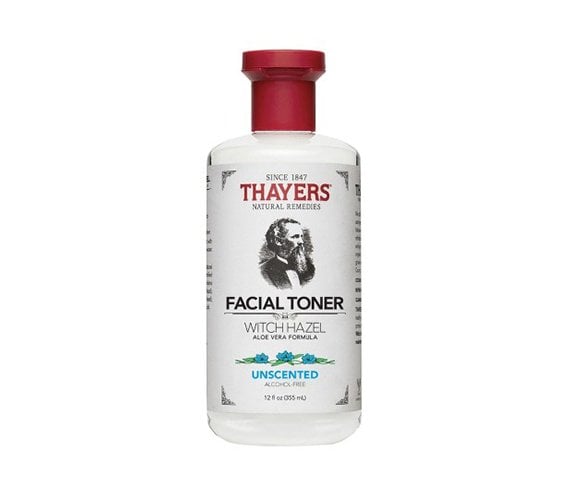5 Toner Myths You Shouldn’t Believe, According to Skin Experts
December 23, 2020Either you can’t imagine your skin-care routine without a toner or you’re still not quite sure what it is or how to use it — there doesn’t seem to be any in between. One reason the toner category can seem so confusing is because there are a lot of myths floating around about it. For starters, we often field questions about whether toner is too harsh for dry or sensitive skin types or if it’s just another form of cleanser. To debunk these common toner myths and more once and for all, we consulted with two skin experts and Skincare.com consultants. Read on for what we learned.
MYTH: Toners Are Only for People With Oily Skin
According to Dr. Erin Gilbert, Vichy medical consultant and board-certified dermatologist, toner has two main functions. The first is to remove any excess oil or impurities that your cleanser missed, and the second is to “restore your skin to a healthy pH.” Celeste Rodrigues, celebrity esthetician, adds that a clean and balanced complexion also “allows the next steps in your routine to properly do their job.”
While there are toners that are formulated with ingredients best-suited for oily or acne-prone skin, there are also plenty of options that are great for combination, normal, dry and even sensitive skin types. “The most important thing in selecting a toner is to choose one that addresses your skin concerns,” says Dr. Gilbert. For example, if you have sensitive skin, you can find toners that contain soothing ingredients like rose water or chamomile. “In addition to calming your skin, they smell fantastic,” says Dr. Gilbert.
One toner that we love for dry and sensitive skin is the Lancôme Tonique Confort. The energizing formula contains hyaluronic acid, sweet almond oil and acacia honey to hydrate and soothe as it purifies and balances.
MYTH: All Toners Are Astringents
There was a time when toners were known to be packed with alcohol and were synonymous with the astringent category, but Dr. Gilbert says that this is just one outdated type of toner. “The cooling feeling astringent toners provide made many people think that they were ‘shrinking pores’ and fully removing oil, but they dry the skin out,” she says. Now, you can easily find toners that balance the skin’s sebum levels and are also hydrating and soothing. For example, the Thayers Unscented Facial Toner is an alcohol-free, gentle formula that’s suitable for all skin types.

MYTH: Toners Can Be Used in Place of a Cleanser
“Most people confuse toners with cleansers — something that they should use to remove residual makeup or dirt,” says Dr. Gilbert. While she says that you can use them for a final “clean sweep” before moving on to the rest of your routine, toners are not a replacement for a cleanser because they are not formulated to thoroughly remove dirt, makeup and impurities.
MYTH: Toners Don’t Offer Noticeable Results
Unlike serums, toners are not often formulated with concentrated ingredients that are going to make quick and major differences in your skin. While toners are generally more of a behind-the-scenes product, you can find formulas that provide a little more oomph, if that’s what you’re looking for. Rodrigues highlights treatment toners that contain chemical exfoliants like AHAs or BHAs. “They act as a form of exfoliation for the skin,” she says. “They don’t take the place of your exfoliator step — they’re more so a leave-on treatment — but they can purify and make skin glow.”
The Skinceuticals Equalizing Toner contains a mix of hydroxy acids to exfoliate, as well as witch hazel, rosemary, aloe and chamomile to soften and calm skin.
MYTH: There’s a Right Way to Apply Toner
“There are a couple of different ways to apply your toners,” says Rodrigues. I would suggest either using a cotton round or your fingertips, or you can spray it on.” It really comes down to personal preference or what you’re trying to achieve. For example, if you have acne-prone skin, you might want to avoid touching your face, so go for a spray version or cotton pad.
Photo: Chaunte Vaughn
Read More:
Astringent vs. Toner — What's the Difference?
Yes, Body Toner Is a Thing — Here Are Our Favorites
This is How (and When) You Should Be Applying Toner